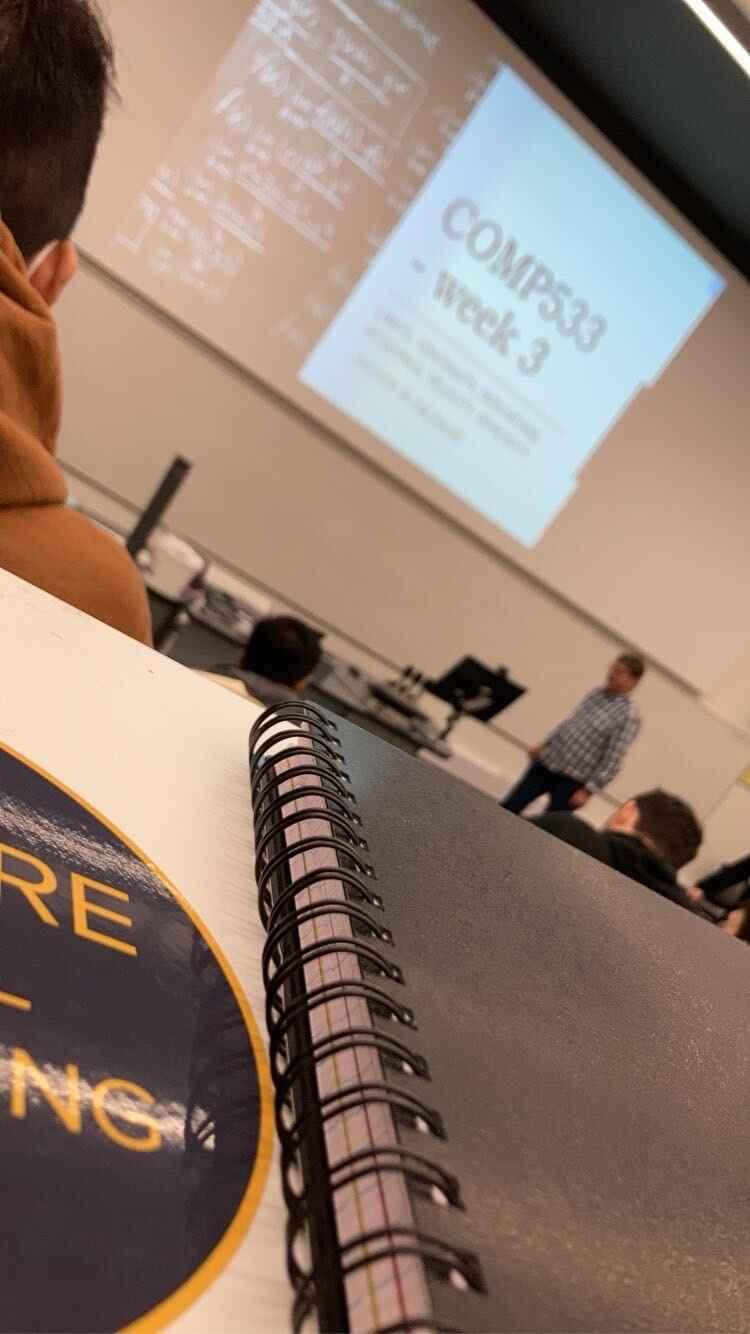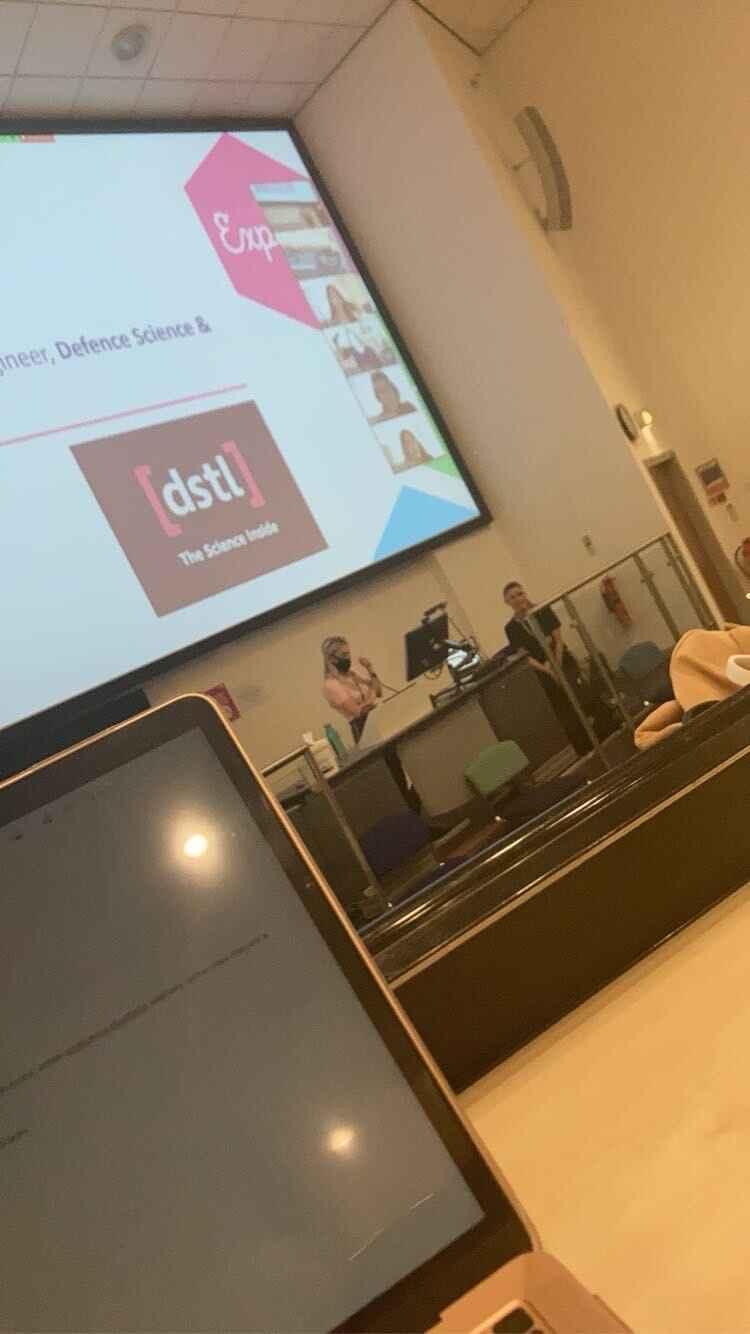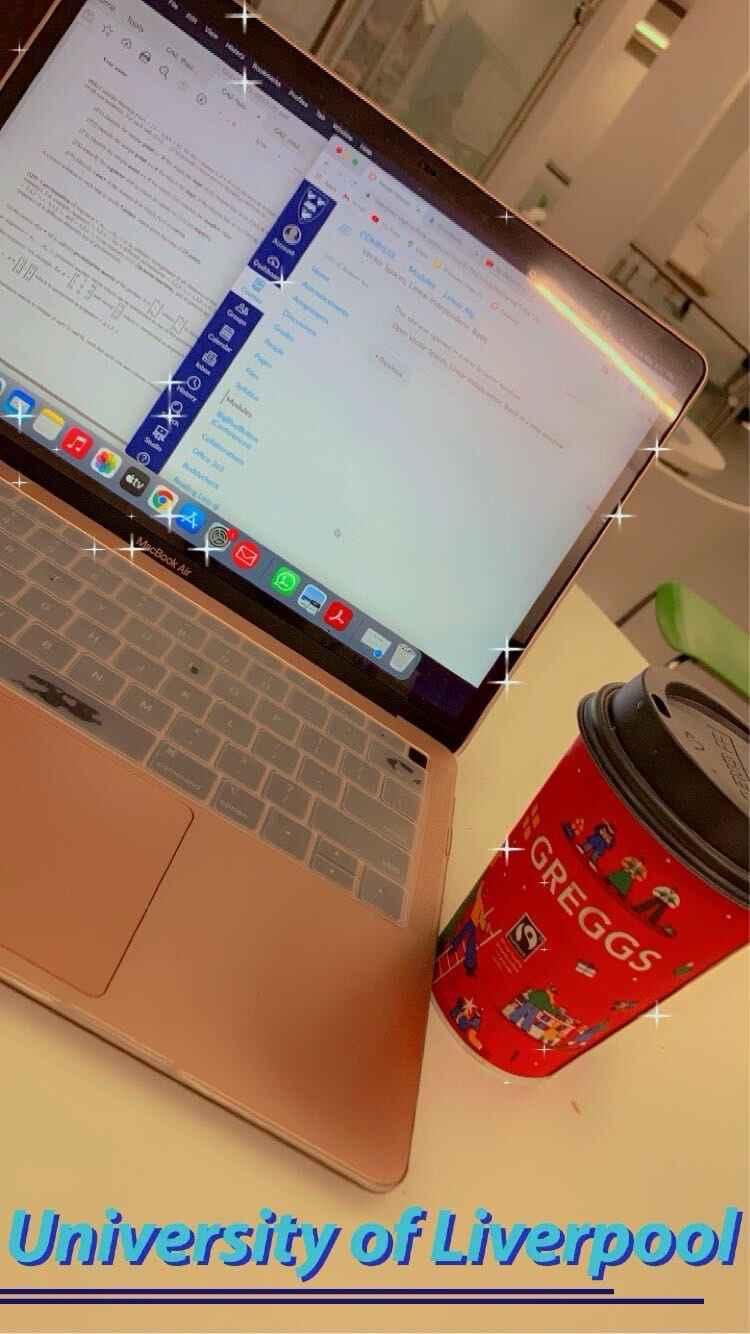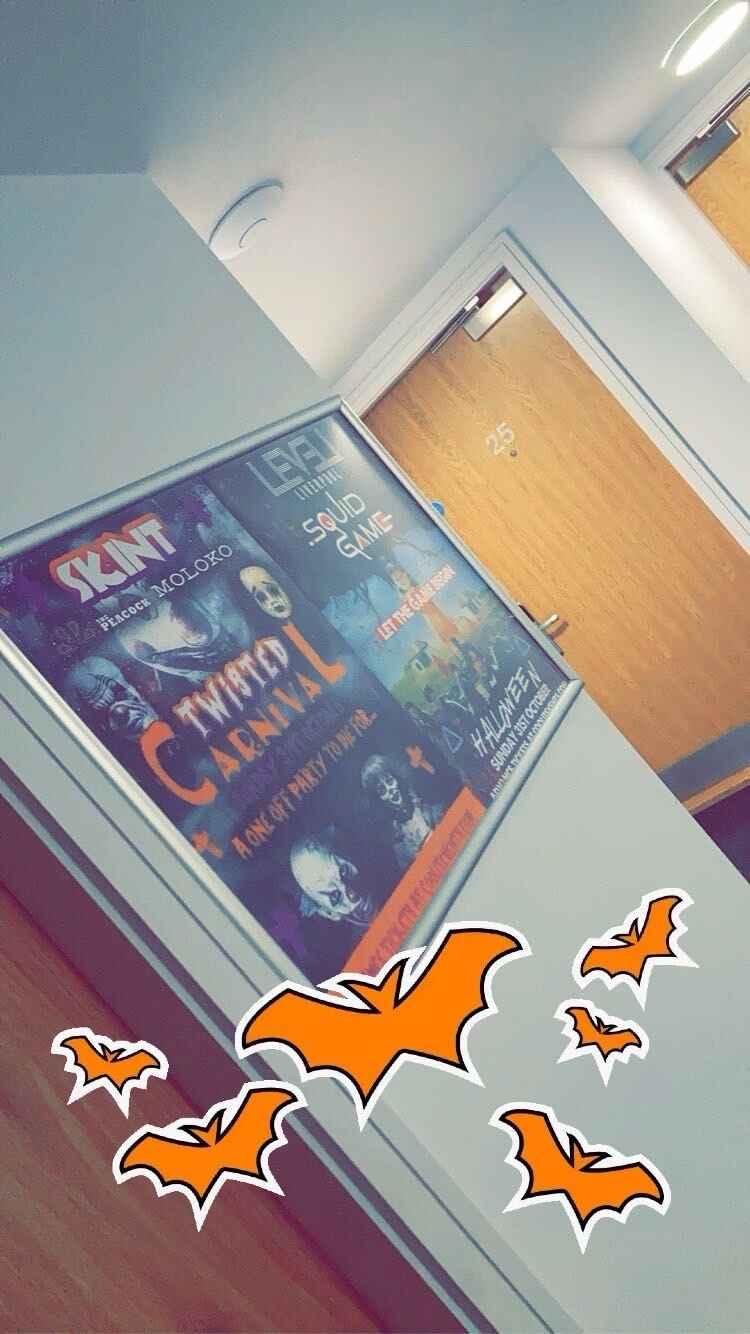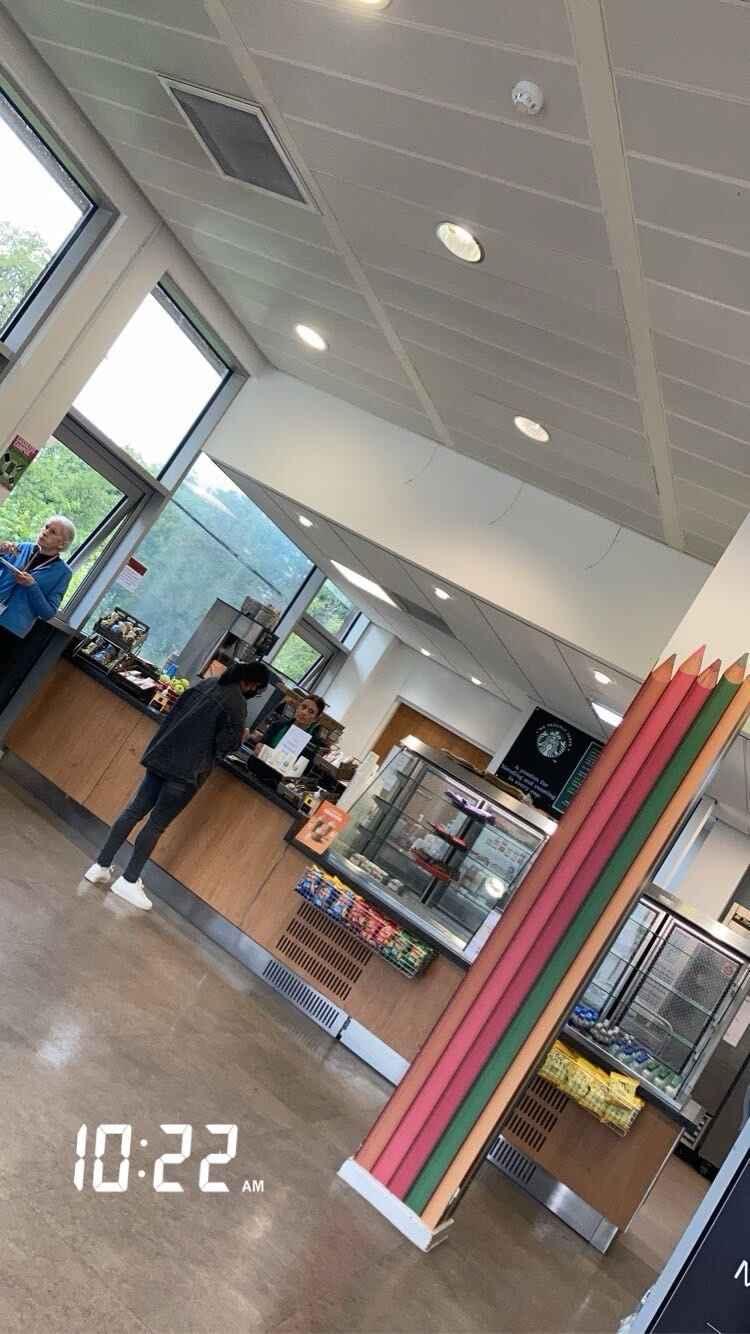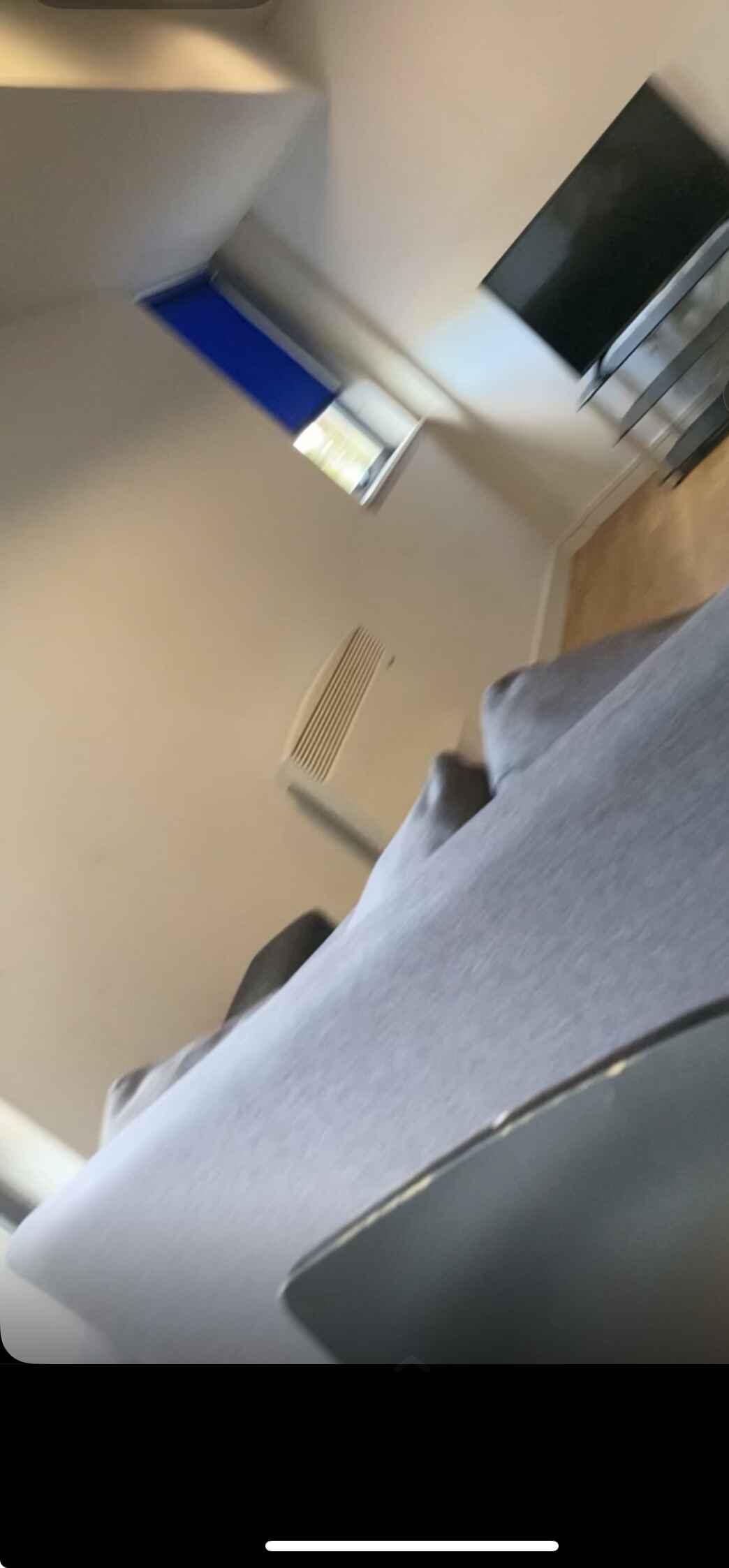What Students Say
Likes
- Rewarding journey of learning and growth
- Good environment great city
- Welcoming people and teachers
Dislikes
- University was isolated place sometimes.
- Expensive fees as compared to other Uni
- Sometimes lack of support from instructors
Course Curriculum
- My course was more of a mixture of theoretical and practical. We had many sessions of practical computer language modules as well. So its a mixture of both.
- The positive aspects are the modules that I studied helped me in getting a job, and its similar to what I studied in my master's.
- The negative aspect was sometimes we would attend the lectures online. I didn't prefer the online learning. Yes, the career studio helped in getting part-time jobs.
Admission Experience
- I applied to 4 colleges. They were the University of Bath, University of Birmingham, University of Liverpool, and Manchester Metropolitan. I got acceptances from three, except the University of Birmingham. I might have gotten rejected because I applied really late. And the reason for selecting the University of Liverpool was its module. I got a Commonwealth and many other scholarships, which helped in waiving off the fees.
- The factor that influenced me to choose this university was their module; the course was aligned to what I was expecting to learn. The admission process was quite simple.
- I submitted my documents, cover letter, and SOP. I wrote a good standard SOP, which helped me in getting an acceptance letter.
- During 2021, the University of Liverpool didn't ask for IELTS because I scored 75% above in English in my HSC.
- I applied to September 2021 intake, I just got graduated from my Bachelors of statistics, and I really wanted to do masters abroad. So I graduated from bachelor's and applied for a master's really after that.
- The admission process I applied for was really early. I applied in March-April, and the process took 5 months. I got my CAS in August. It is long but very easy and explained.
Faculty
- We had an average of 150 students overall and from that, to be honest, 50% of the students were Indian. Nowadays, students want international exposure, which is leading to more students applying abroad.
- The faculty-to-student ratio was quite manageable; we were divided into two groups for practical computer lectures. So interactive learning with faculty was managed.
Campus Life
- There were numerous campuses; we had our own module lectures in each of the different campuses, which were walkable in 10 mins.
- There were n numbers of facilities, such as three big libraries and two sports centres, which had many sports like swimming, badminton, baseball, football, etc. There was one NHS medical centre near to our main building. The University of Liverpool was famous for its sports centre.
Part Time Jobs
- Yeah, one of my friends was selected for teaching assistant jobs in our university itself. It was quite difficult to get it, but after you get it, the pay is good compared to other part-time jobs. The pay range for TA in 2021 was 15£ per hour, they would usually get 10-12 hours in a week. The maximum hours of work were 20 hours/week. And after your course, you can work full time.
- Mostly Indian students work in restaurants, cafes, takeaway shops, grocery stores, and clothing stores. There are many opportunities for part-time work in the UK. During 2021, one would usually earn £9-10 per hour, but it would increase every year in April. It was easy during my time; even if you walked in directly and asked if they had a vacancy, you would get there. Sometimes for other stores, its all online applications.
Placement
- 50% of students got jobs within 6 months. The average salary one would get was about £26000-35000 per year, depending on experience. If you've got 5+ years of experience, they would earn more than the average ones.
- The placement jobs needs to be search from start of the course, and my friends have got some really nice opportunities. They got into Scottish power, JLR, etc
Accommodation
- I opted for off-campus, which was around 0.6 miles from the university. I found my accommodation through the online portal SpareRoom.
- My monthly rent was £300 pcm, which included a gym facility and a study room.
- While searching, it was quite stressful as every accommodation was getting sold out. So I would suggest booking accommodation really prior to 6 months before your course to get a good deal on rooms. I would say book your accommodation really early. My accommodation was quite walkable for 10-15 mins.
Exams
- I believed IELTS is required. But during my time, if you scored more than 75% in English in HSC, you could get waived off to IELTS.
- Yes, SOP, LOR and CV are required to submit with your application process.
- Make sure your LOR and SoP are really well maintained and well written according to Uni standards.
- I didn't have to give any interviews; the process was really smooth.
Fees
- My fees were £23,400 for a 1-year course. I got scholarships, so £7000 was waived from my fees. I paid 3,600 for ensuite student accommodation. There are different ways to pay the fees, such as yearly or semester-wise. I opted to pay directly at once.
- My monthly expenses in 2021 were £300 for rent, a max of £150-200 for food, and £30 for transportation.
- All other expenses would be approximately £50-100. Liverpool is quite cheaper in housing than other cities.
Scholarship
- There are many scholarships available. But you have to apply really soon before the course dates to get eligible. I received a Commonwealth and Excellence scholarship. Every university has a Commonwealth scholarship; just apply 7-8 months before the course starts.
- One of my friends received a full scholarship for her course, which means she didn't have to pay a single pound for her course.



